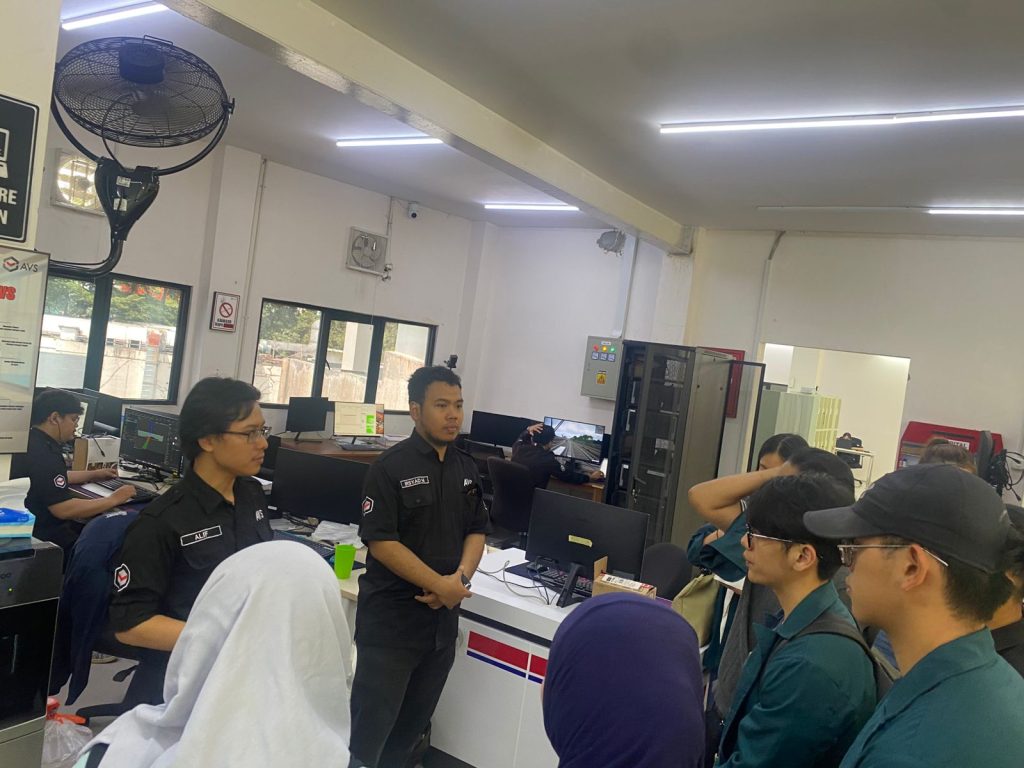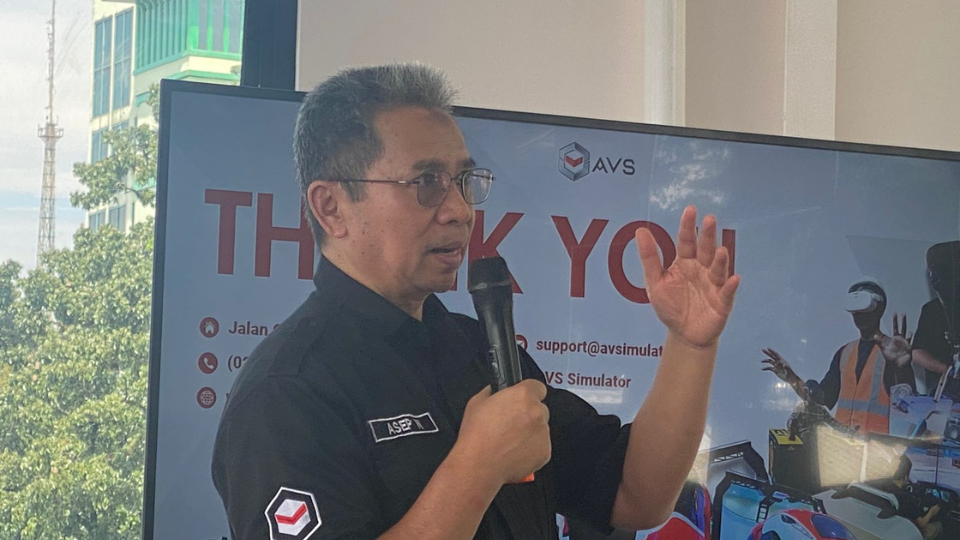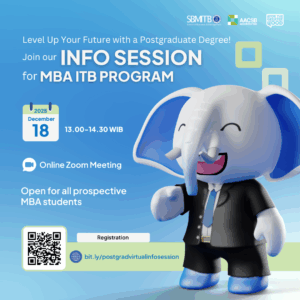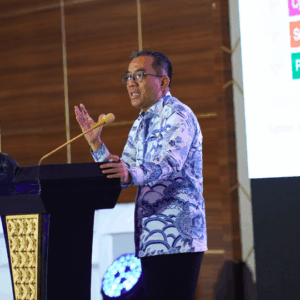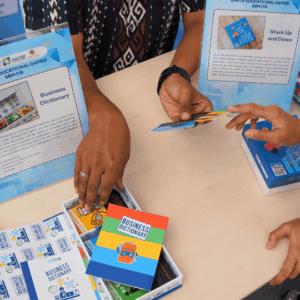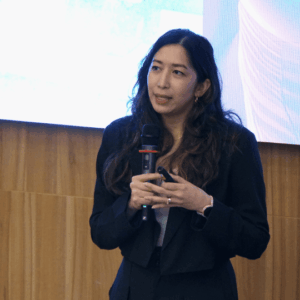Entrepreneurship students from the SBM ITB, class of 2025, visited AVS Simulator, a pioneer in simulator-based training solutions, in Bandung on Monday (19/5). The industrial visit was part of the New Product Development course. The students’ arrival was welcomed directly by Asep Winara, AVS’s Chief Financial Officer.
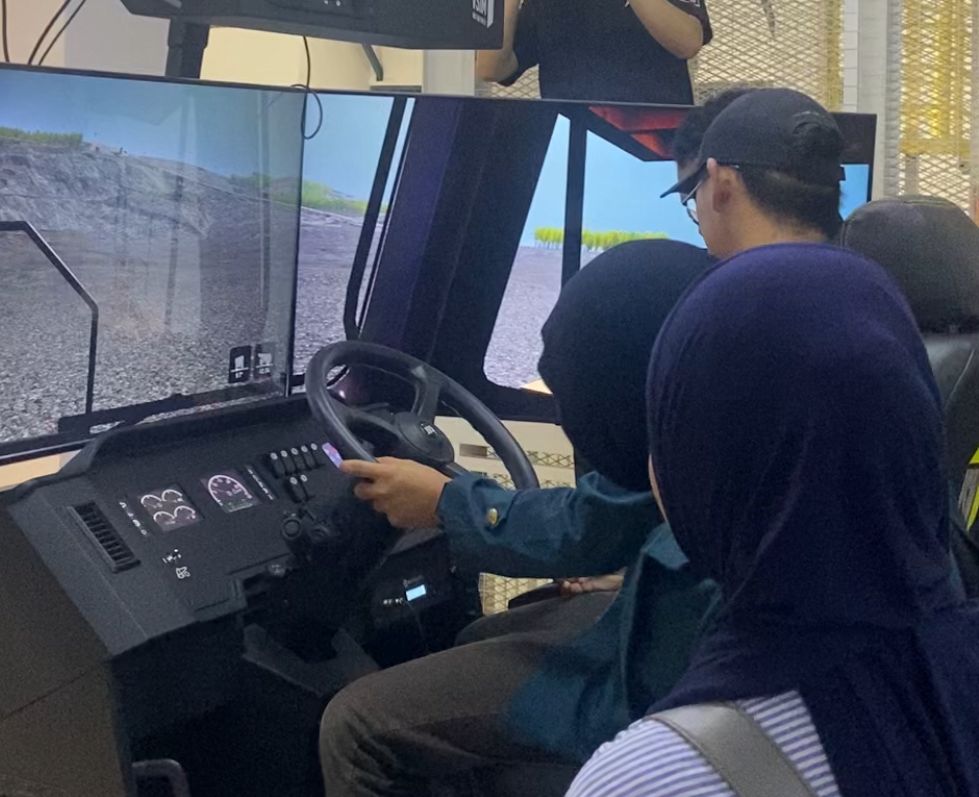
AVS Simulator is a company engaged in the development of training simulators based on Artificial Intelligence (AI) and Virtual Reality (VR). Its primary focus is to create realistic, safe, and efficient training solutions for various sectors, including defense, health, mining, transportation, and maritime.
“AVS is here to answer the challenges of modern training,” said Asep in his presentation. “We see a great need for a safe, cost-effective, yet effective training environment in building skills.”
Through an immersive simulation approach, AVS offers a realistic alternative for institutions or companies seeking to enhance human resource competency without incurring the risks or high costs associated with conventional training. By combining Unity 3D-based VR, physical hardware, and a real-time feedback system, AVS can create a Minimum Viable Product (MVP) that is not only technically precise but also medically accurate through collaboration with experts (Subject Matter Experts).
Currently, said Asep, AVS is actively establishing strategic partnerships with hospitals, educational institutions, and local governments to build a simulation-based training ecosystem. Meanwhile, globally, AVS is adjusting its business direction to industry trends.
The simulator market is expected to continue growing, particularly in high-risk sectors such as aviation and healthcare. The largest global demand comes from the defense, aviation, and health sectors. All of which have high-risk training characteristics and require high accuracy.
The AVS Simulator offers a concrete example of how local companies can design high-tech solutions that meet global standards. The success of a product is not only determined by innovation but also by the ability to read market trends, understand user needs, and build sustainable collaboration.
